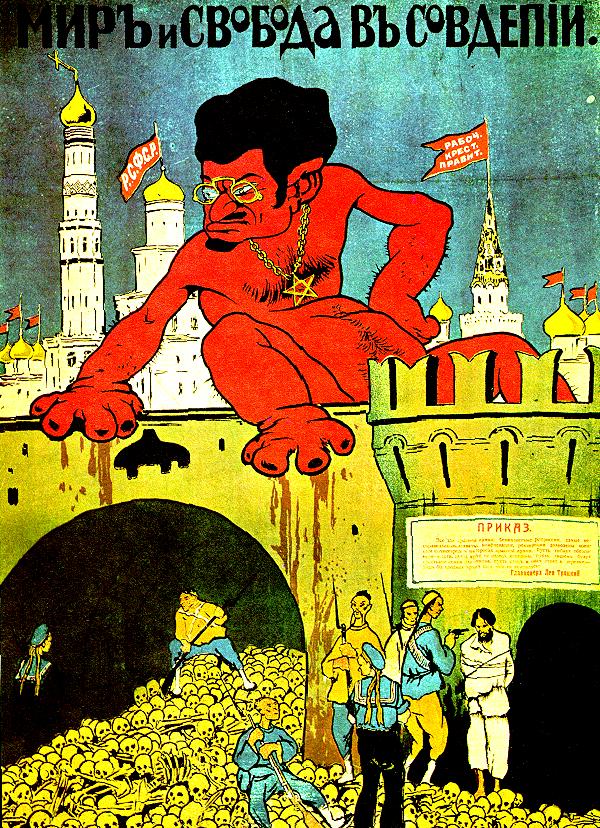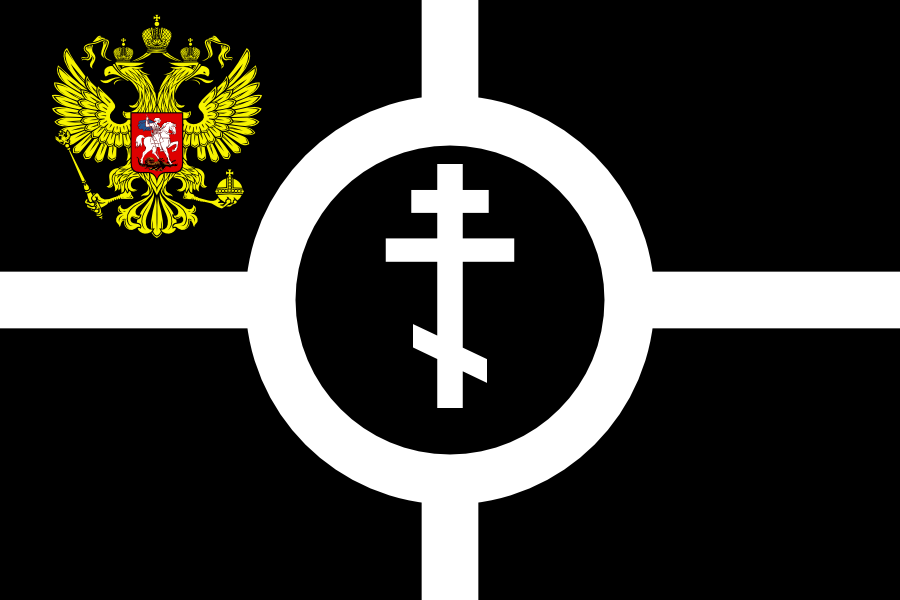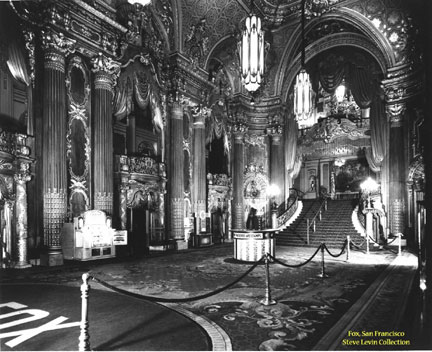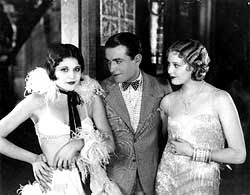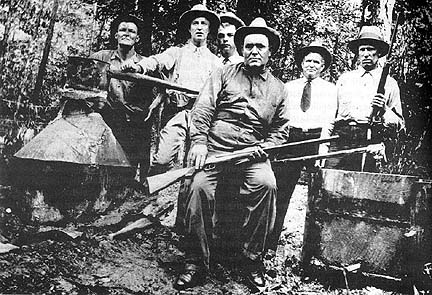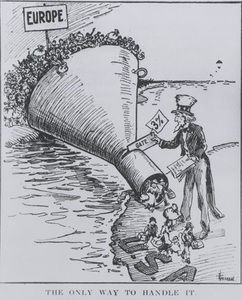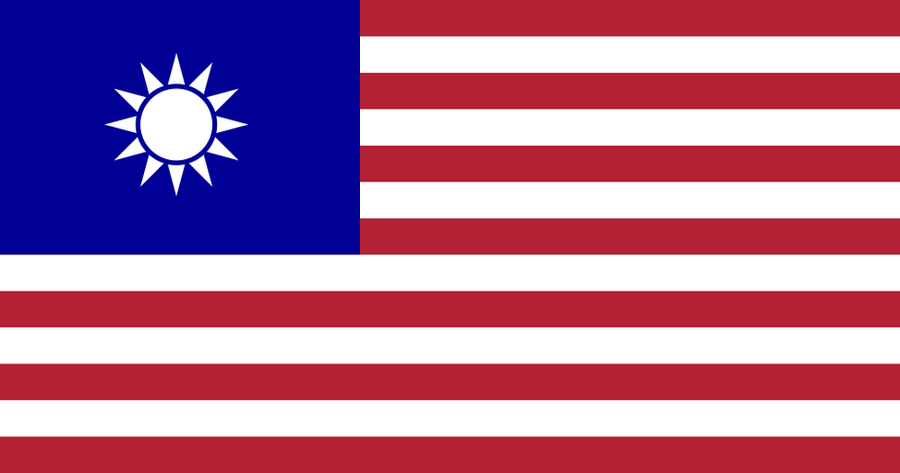Here's a fun tidbit for you
Controversial Motion Picture "Birth of a Nation" Sparks Riots, Unrest in Southern Cities
May 8th, 1925- In theaters across America, the new film "Birth of a Nation" was shown yesterday. The controversial picture revolves around the involvement of Irish-Americans in the struggle for Irish independence. This particular film is causing such an uproar because it focuses on the real-life story of Martin O'Hanlan, a mixed race man born to an Irish father and a Negro mother. O'Hanlan played himself in the picture, and did a decent job by critics accounts. However, most moviegoers weren't focused on his performance, but rather on his mixed heritage. In Northern cities, many groups have stated that it is "improper to glamorize racial mixing in film." The South had a rather more visceral reaction. Atlanta, Savannah, Raleigh, Charleston, and Mobile all exploded into riots after the picture's content became known. Negros and whites targeted each other, and many movie theaters in the area. Copies of the film have been seized by both rioters and authorities across Dixie, and have been burned. As one Negro man put it "The fact that a film can be made in this country advocating for relations between white men and Negro women is sick. It threatens the whole foundation upon which Southern social harmony rests." A white man concurred with the sentiment, stating "The day our race becomes mongrelized in this country will be the day American civilization dies." At the time of printing, National Guardsmen have been deployed to suppress the rioting. The death toll is believed to be at 37.
